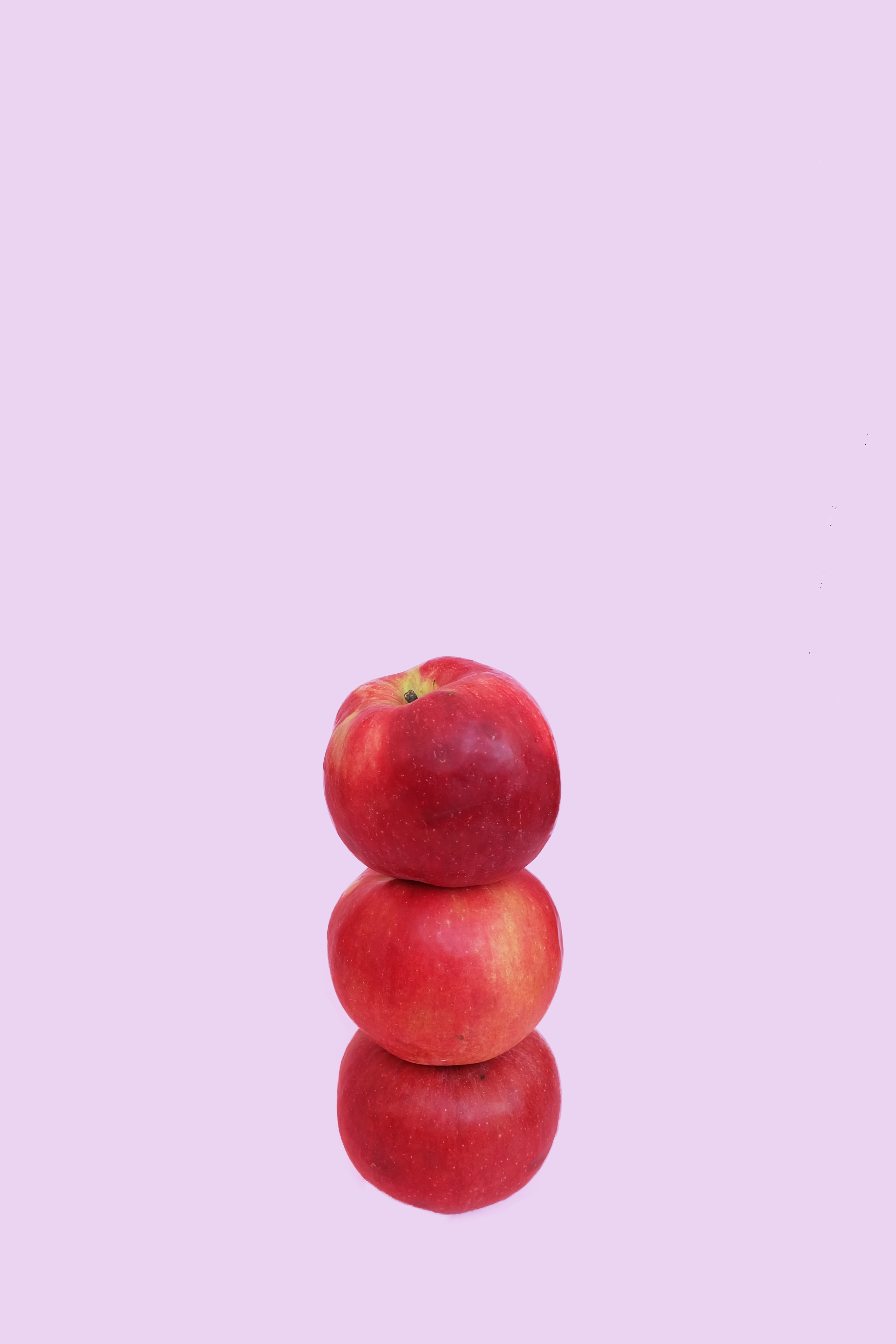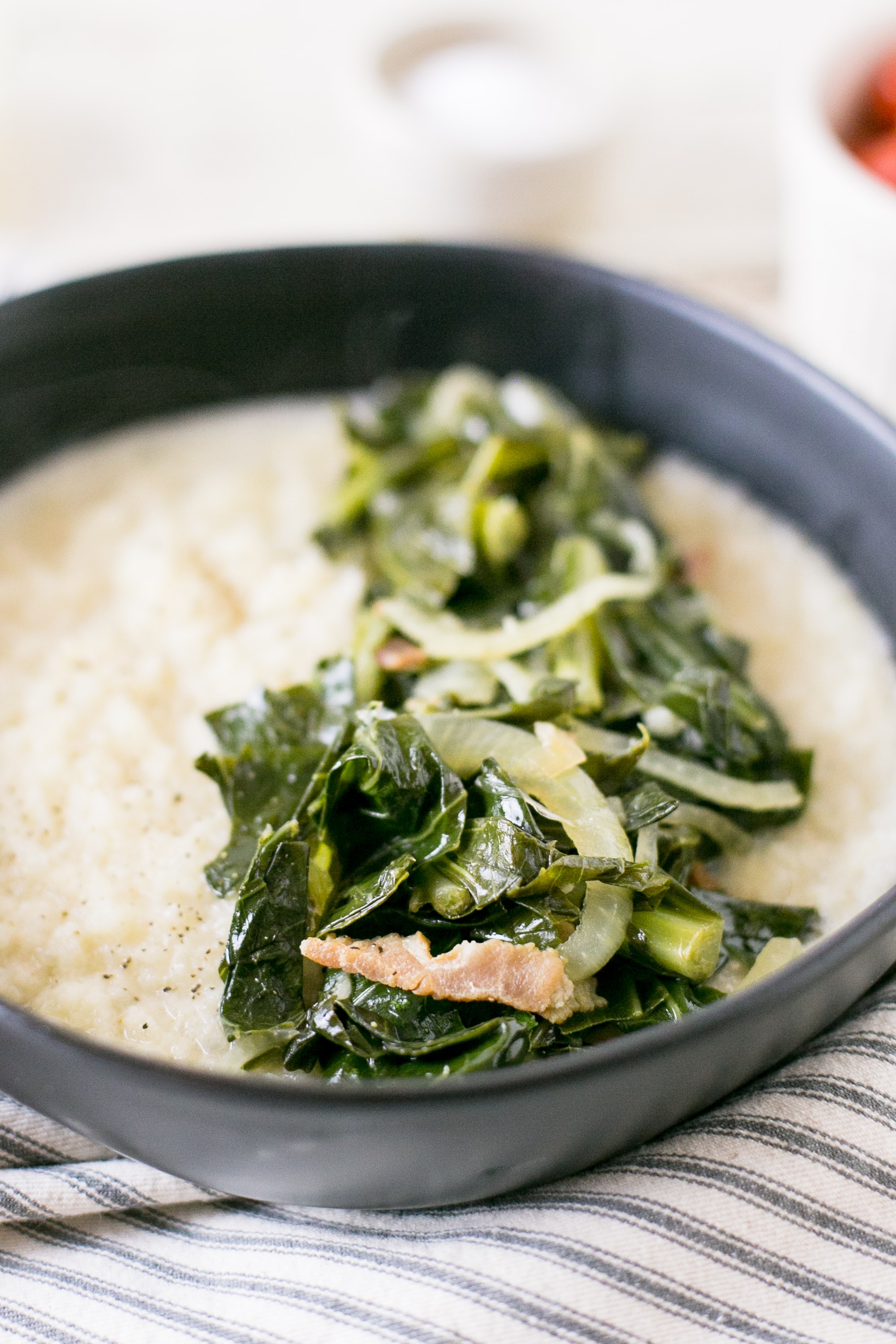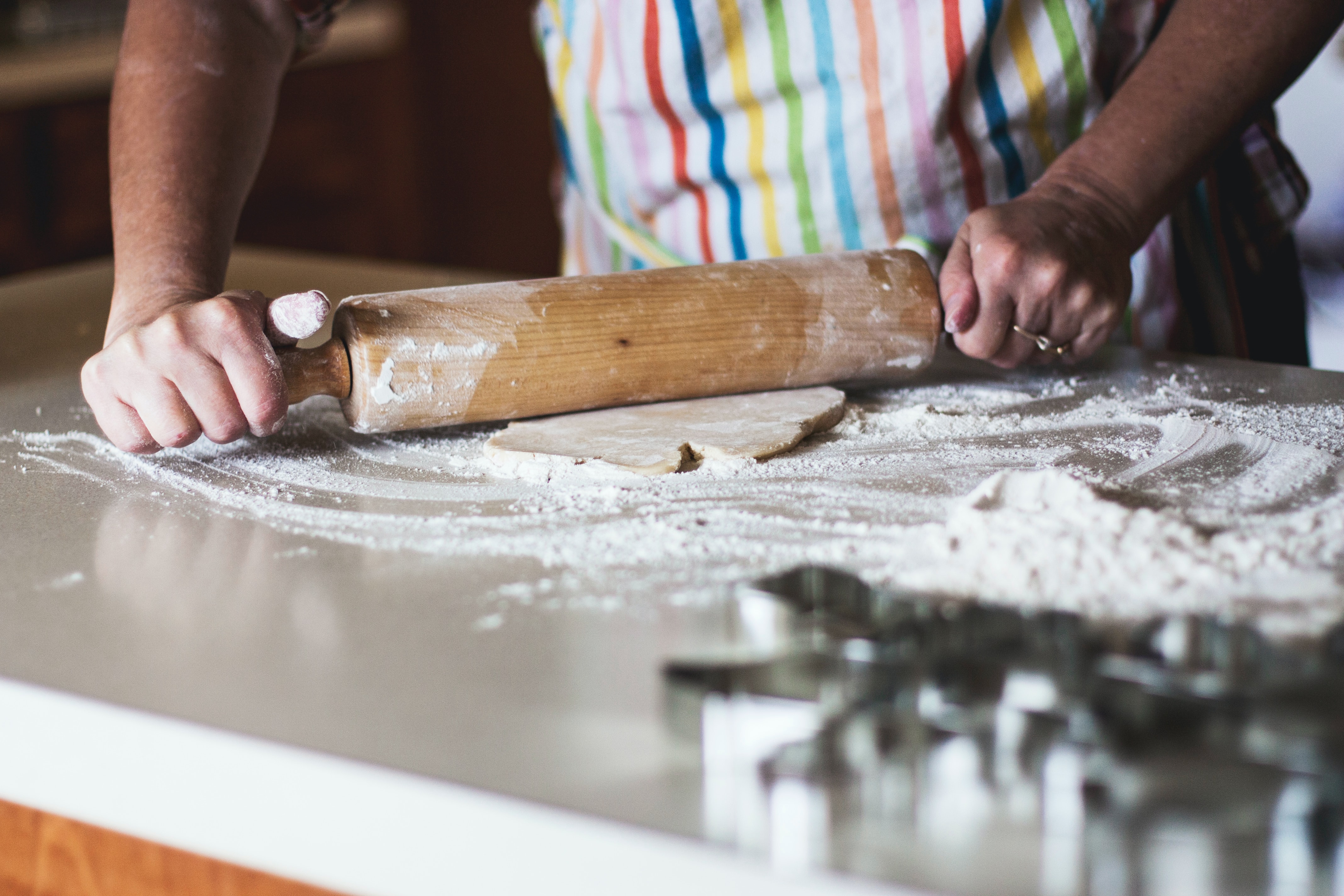Apples, Butter, Rain and More in French Idioms
 Below are 12 French idioms that you might not have heard yet.
Below are 12 French idioms that you might not have heard yet.
In our last post, Sausages, Fruits, Ships, and more in German Idioms, we listed a number of typical German expressions. In fact, what prompted us to write that post, was overhearing a German woman "translate" a German idiom into French by giving a literal equivalent.
In their literal translation, many French idioms are also confusing to a German or English speaker. (Whenever available, I added a French synonym from Le Petit Robert, a popular French language dictionary.)
1. Haut comme trois pommes
Idiom: knee-high to a grasshopper
Literally: as high as three apples (Photo by Elena Koycheva on Unsplash)
Explanation: Refers to someone who is not very tall, or just very young.
Origin: Even if you put three apples on top of each other, what you have is still not very high.
2. Tomber dans les pommes
Idiom: to pass out
Literally: to fall into the apples
Explanation: to faint, lose consciousness [Petit Robert: s'évanouir]
Origin: This expression first appeared in 1889 and may go back to the writer George Sand, who used "être dans les pommes cuites", a play on "être cuit" (to be cooked, exhausted).
3. Mettre du beurre dans les épinards
Idiom: to put butter on your bread
Literally: to put butter on the spinach (Photo by Kim Daniels on Unsplash)
Explanation: It means to earn a bit extra, to top up your income, or to improve a situation that is troublesome. [Petit Robert: améliorer sa situation]
Origin: This expression goes back to a time when butter symbolized wealth, while spinach was a common vegetable. Putting butter on your spinach makes it taste better, richer.
4. Vouloir le beurre et l'argent du beurre
Idiom: to have your cake and eat it too
Literally: to want the butter and the money for the butter too
Explanation: You can't have it both ways, you can't have it all.
Origin: This expression appeared at the end of the 19th century and is a piece of good old fashioned common sense (bon sens paysan). Once you sell the butter, you have the money, but no longer the butter. Or, in other words, to get something you want you may have to give up something else.
 5. Parler de la pluie et du beau temps
5. Parler de la pluie et du beau temps
Idiom: to make small talk
Literally: to talk about rain and nice weather
Explanation: It means talking about trivial things, exchanging chit-chat. [Petit Robert: dire des banalités]
Origin: The weather is an innocuous subject to talk about, so it's a safe topic among strangers or a way to talk around topics you want to avoid.
6. Faire la pluie et le beau temps
Idiom: to call the shots
Literally: to make rain and good weather
Explanation: It means to be in charge, to control the situation or determine what action should be taken [Petit Robert: être très influent]
Origin: The idiom is said to go back to mythical times when the gods had power over the world. They could change the weather, create storms, hurl lightning, etc.
7. Ce n’est pas la mer à boire.
Idiom: It's not that big a deal.
Literally: It's not the sea to drink.
Explanation: This is a metaphor for something that's impossible or very difficult to do. It's also used in its opposite meaning: C'est la mer à boire - it's very difficult. [Petit Robert: C'est, ce n'est pas difficile.]
Origin: The expression dates back to a 17th century fable by Jean de la Fontaine.
8. Chercher midi à quatorze heures
Idiom: to make a mountain out of a molehill
Literally: to look for noon at 2 pm
Explanation: To complicate things unnecessarily, to see difficulties where there aren't any. [Petit Robert: Chercher des difficultés où il n'y en a pas, compliquer les choses.]
Origin: This expression is said to date back to the 17th century as "chercher midi à onze heures" (to look for noon at 11o'clock), to look for something where's it's not.
 9. Se faire rouler dans la farine
9. Se faire rouler dans la farine
Idiom: to be taken for a ride
Literally: to get rolled in the flour (Photo by Kari Shea on Unsplash)
Explanation: to be fooled, taken in, be cheated [Petit Robert: tromper]
Origin: Flour-based makeup was often used in the theater and allowed actors to change how they looked and thus fool the audience.
10. Il ne faut pas mélanger les torchons et les serviettes.
Idiom: Don't mix apples and oranges.
Literally: One mustn't mix up dishtowels and napkins.
Explanation: Don't mix totally different things, don't combine things that are completely different. [Petit Robert: Il faut séparer, traiter différemment selon leur condition sociale, les choses selon leur valeur.]
Origin: This expression is based on the idea that you must not mix social levels - dishtowels were for servants and the poor, while napkins were for the bourgeoisie and aristocracy.
11. Ce n'est pas la mort du petit cheval.
Idiom: It's not the end of the world.
Literally: It's not the death of the little horse. (Photo by Soledad Lorieto on Unsplash)
Explanation: It's not the worst thing that could happen. It's not as bad as it seems, even though it's a disappointment.
Origin: According to an article in Le Figaro by Claude Duneton, the expression "la mort du petit cheval" was probably coined in the 1930s and referred to losing one's bet on a horse that didn't win the race.
The expression was picked up by d'Hervé Bazin in the title of his 1950 novel: "La mort du petit cheval." In it, the protagonist makes a shocking discovery about his mother but decides that it's not the end of the world.
12. Avaler des couleuvres
Idiom: to swallow a lie
Literally: to swallow grass snakes
Explanation: to be taken in, to believe anything, to take insults without protest [Petit Robert: subir des affronts sans protester, croire n'importe quoi]
Origin: This expression came up already in the 17th century and suggests swallowing something slithery, tortuous. The image evokes unscrupulous people who in the olden days added a few grass snakes to a plate of eels without telling their guests or customers.
Learning a few French idioms is not only fun, but it may very well break the conversational ice next time you try out your French, on zoom or in real life.
For the French idioms that are listed here, I looked at a few different sites. You can find out more about these expressions, or search for new ones on the following sites (not linked here): www.thoughtco.com www.lawlessfrench.com/expressions
I consulted Le Petit Robert, a single-volume French dictionary, for synonyms in French and added them to the explanations.
Bio: Ulrike Rettig is the co-founder of GamesforLanguage.com. She's a lifelong language learner, growing up in Austria, the Netherlands, and Canada. You can follow her on Facebook, Twitter and Instagram, and leave any comments right here!
